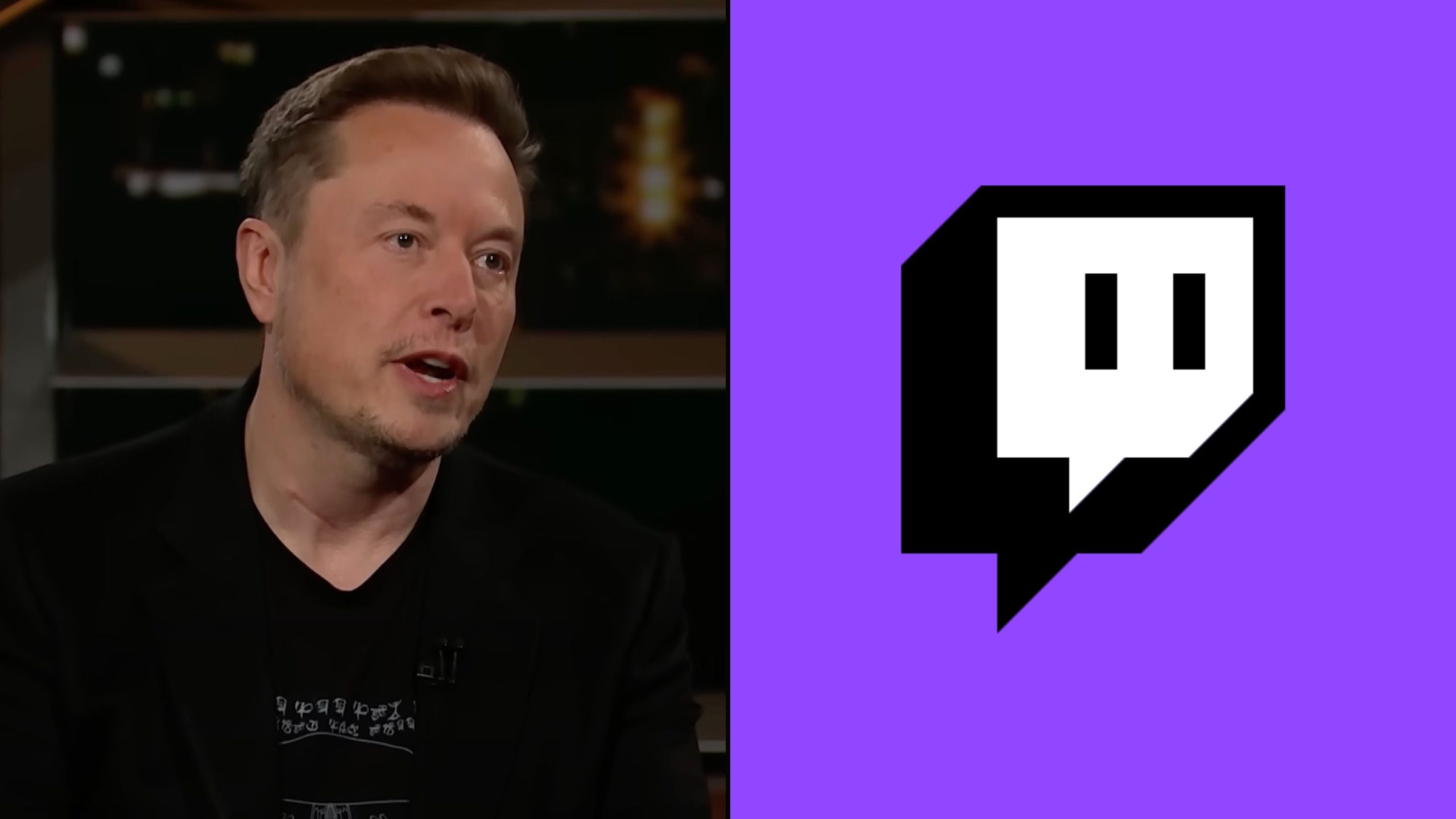Demonetization of users on social platforms is nothing new and has happened countless times over the past years, but after an entire social network – Twitter – became the target of similar activities, those allegedly behind the push found themselves in court.
Twitter, along with all other major social sites, was in the good graces of the world’s most powerful corporations and advertisers – until Elon Musk acquired the company and made the “unforgivable” move to change course and steer the platform, now X, towards free speech.
The way the powerful umbrella group known as the World Federation of Advertisers (WFA) and its members, massive global brands, reacted was by organizing a boycott of X, a lawsuit filed in August against WFA’s Global Alliance for Responsible Media (GARM) alleges.
We obtained a copy of the amended complaint for you here.
GARM shut down operations shortly after this, while the filing, which has recently been amended to add Amazon’s Twitch, identifies close to 20 of its members as defendants, including CVS Health, Mars, and Unilever.
Starting in the fall of 2022, Twitch stopped buying ads on X in the US and has since “only spent a small amount elsewhere in the world,” reads the lawsuit, which accuses GARM’s members of suddenly (“in a marked departure from their prior pattern of purchases”) deciding to no longer run ads on Twitter/X.
While these claims are refuted by what legacy media claim are experts and insiders, the lawsuit is based on a report the Judiciary Committee of the US House of Representatives released in July, which said the documents it had seen reveal that as soon as Musk took over, GARM started telling its members to boycott the platform.
“The extent to which GARM has organized its trade association and coordinates actions that rob consumers of choices is likely illegal under the antitrust laws,” the report noted at the time.
In a somewhat comical interpretation of reality, given the multi-billion industry it represents, the WFA in early August announced GARM’s activities would cease – because it didn’t have financial resources to fund a court battle.
The WFA (that is now handling the lawsuit) announced this in a statement that also referred to GARM as “a small non-profit.”
Legacy media reports now covering the lawsuit also, for some reason, choose to describe GARM in exactly the same way – “a small non-profit initiative” – only, without putting that in quotes.













